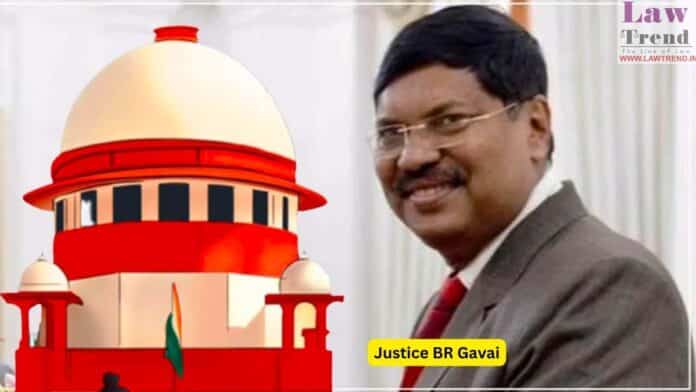In a celebratory function marking 75 years of India’s Constitution, Supreme Court Justice B.R. Gavai highlighted the pivotal role of the judiciary in expanding the scope of Article 21 to include a comprehensive range of rights essential for the full realization of the right to life. The event, organized by the Supreme Court Advocates-on-Record Association (SCAORA), was attended by distinguished members of the legal community, including Chief Justice of India Sanjiv Khanna and other prominent figures.
Justice Gavai outlined the extensive enrichment of Article 21 over the past 75 years, which now encompasses rights critical to human dignity and liberty, such as the right to shelter, health, sleep, protest, clean air and water, and protection against noise pollution and wrongful detention. He emphasized the importance of these rights in ensuring that every citizen can live with dignity and security.
“Every day, hundreds of citizens step into the court seeking justice, a testament to their unwavering trust in this institution,” said Justice Gavai. He stressed that the continuous influx of citizens into courts reflects their faith in the judiciary’s capacity to uphold the rule of law, protect rights, and ensure justice for all. This trust, he noted, underscores the judiciary’s responsibility to maintain fairness, impartiality, and adherence to the constitutional principles.
The event also provided a platform to reflect on landmark cases that have shaped India’s legal landscape. Justice Gavai referred to the historic Kesavananda Bharati case, where the Supreme Court held that the basic structure of the Constitution could not be altered by any constitutional amendment. He also mentioned the Minerva Mills case, which established a balance between fundamental rights and directive principles, crucial for maintaining the harmony of the Constitution.
Justice Gavai, who is next in line to become the Chief Justice of India, reflected on the Constitution as a living document that embodies the aspirations of the Indian people. He applauded the contributions of advocates on record since 1966 in assisting the Supreme Court in fulfilling its duties.




